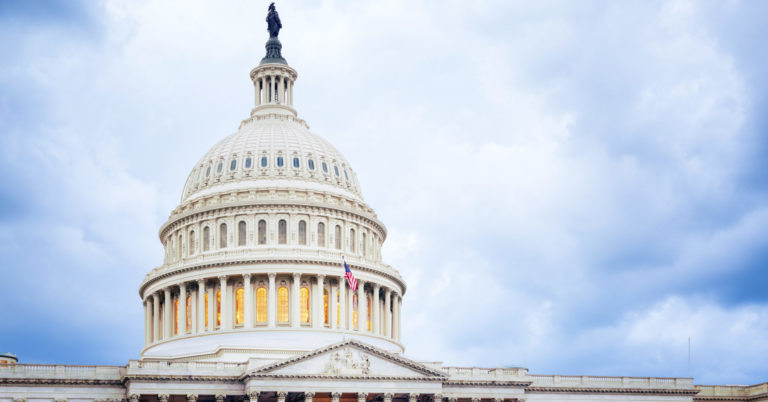
Q&A: Americans for Prosperity Policy Manager Matt Dickerson discusses Congress’ coronavirus rescue bill
After some initial delays, Congress acted last week on legislation to provide more than $2 trillion in assistance to individuals, businesses, and others in response to the coronavirus pandemic and the resulting economic slowdown.
But this slowdown isn’t like the most recent one, in 2008-2009. In the following Q&A, Americans for Prosperity Policy Manager Matthew Dickerson explains why and analyzes the response of federal and state governments to the crisis.
Q: What separates the coronavirus rescue legislation from previous “economic stimulus” bills?
A: Governments have acted to halt economic activity in an effort to minimize the health threats caused by COVID-19. Instead of trying to spur people to go out and spend money, the legislation recently passed by Congress is meant to tide businesses and individuals over the next few weeks until it is safe to get back to work.
Q: Is it fair to consider this a bailout?
A: Governments have restricted the ability of workers to earn their paychecks and for businesses to earn a profit in order to protect health and safety. Government has a responsibility to attempt to mitigate the negative impacts of its actions. Targeted aid to businesses and individuals who have been affected by the economic slowdown prompted by the government should not be considered a bailout.
Q: What makes the current crisis different from the 2008-2009 recession?”
A: The crisis we’re facing is not a result of irresponsible business practices or failed economic policies – it’s a deliberate pause in activity to combat a dangerous disease. If temporary, targeted aid can help employers get through the health crisis, then Americans will be able to get back to work, getting our economy moving again quickly, unlike the stagnation that persisted after the bailouts and failed stimulus spending in 2008 and 2009.
Q: Does state government have a role in pandemic response?
A: The states should play the primary role in a response. State and local governments have authority that the federal government lacks to restrict economic activity in the name of health and safety. States have led the way in responding to the crisis by lifting barriers to the delivery of health care, like fostering access to telehealth. And states will be able to lead the economic recovery by adopting pro-growth policies such as reducing red tape regulatory burdens and ending occupational licensing restrictions.
Q: How about the private sector?
A: Throughout this crisis we’ve seen individuals, families, communities, and businesses come together in extraordinary ways to adapt and innovate to help people, while still protecting public health. It has been incredibly inspiring to see the resiliency and ingenuity of the American people. It is the role of businesses to provide goods and services that people need and want, which allows people to be employed and enjoy the dignity of meaningful work. Communities foster mutual assistance where people find meaning and purpose in helping others to improve their lives.



